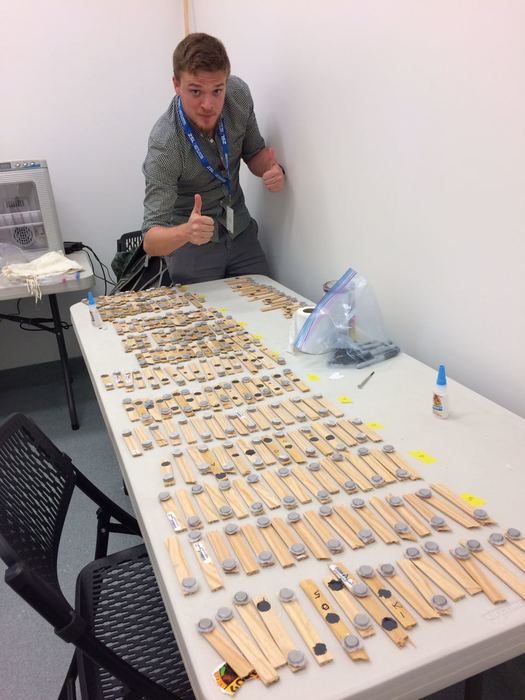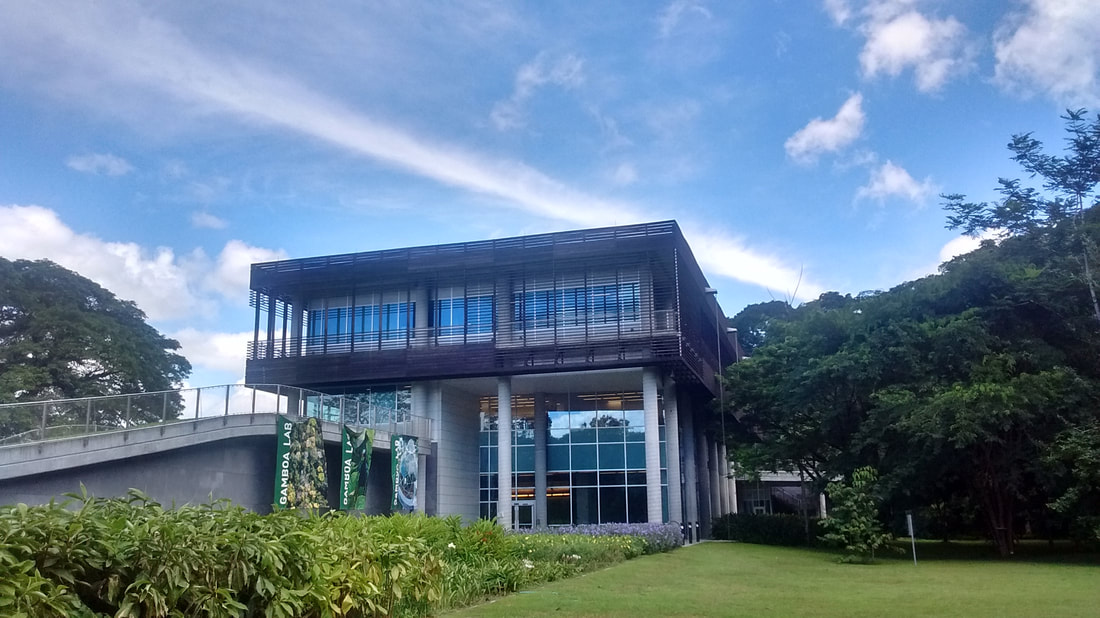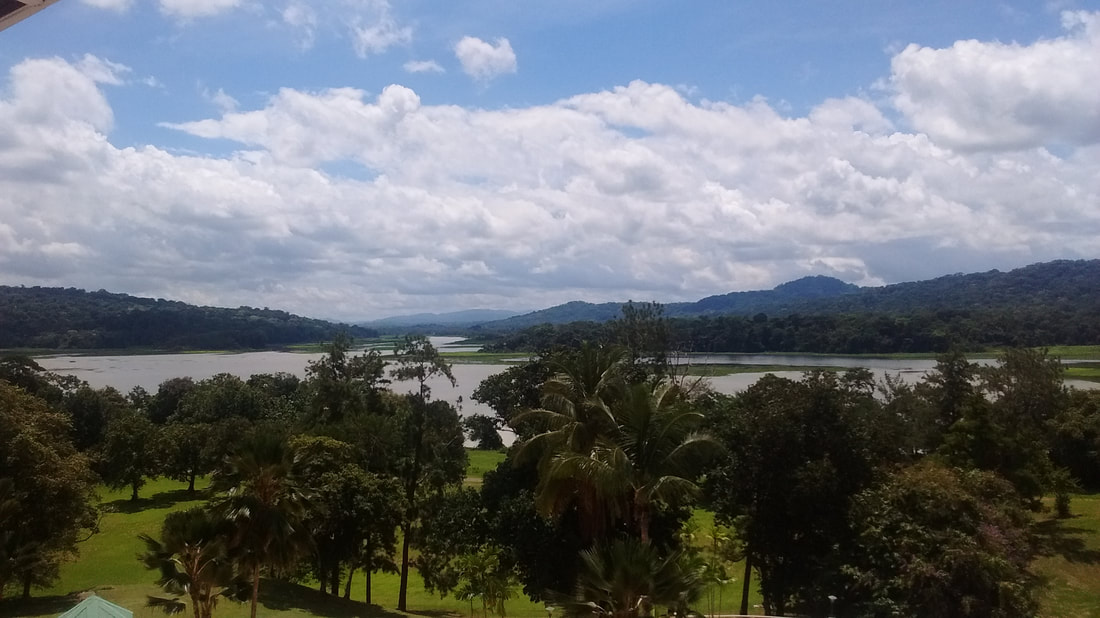 Me with all 221 data loggers ready to be taken out to the forest! Me with all 221 data loggers ready to be taken out to the forest! For a bit of context to my blog from Panama please see my Research page to understand what I am doing. The first week of my 5 months in Panama is now over. I could tell you about the gliz and glamour, all the high points and the cheesy movie perfect phrases. But this is not an over edited picture perfect Instagram account. I did however enjoy my first week, but I am sure many of you will ask why, after reading this. Let me begin with the key words for week one. "Optimum Temperature Models" what are these you ask? They are devices to record temperature that are created and distributed in such as way as to match the habitat and therefore relative temperatures that your study organism would be exposed to. E.g. if you were studying mole rats you would create an OTM that would have the same temperature absorbing properties of a molerat (don't ask me how to do that) and place it in an underground burrow at the same depth a molerat burrow would be. That is a very inaccurate and over simplified analogy, but what the hell, run with it. So anyway, my PhD is looking at the evolutionary change of lizards in response to climate change (or climate warming) so obviously temperature is a big deal. This is the part of science many people don't communicate and many people who want to be scientists don't realize. Some of the work is tedious and dull (if you go into Microbiology or soil science it's all tedious and dull, in my opinion....) but it needs to be done. You can't just swan over to Panama throw buckets of lizards at islands and watch the data roll in. You need to do the nitty gritty. So my first week was basically, individually plugging 221 temperature recorders into my laptop, programming them to record every hour. Then coating them in a waterproof plastic. Then peeling them off the desk because the the plastic had stuck them to the table. Then giving them a second coat. Then cutting off the excess plastic to neaten them up. Oh and finally we had to stick them to bits of wood to make it easier to attach them to trees. Then it was of we went (We is myself and Dr Michael Logan, who is my friend and 3rd PhD supervisor) to our 12 survey islands. These islands are hotter than the mainland so give us the ability to mimic climate change when we move lizards from the mainland to said islands. But how much hotter, well we need to know exactly across the course of the year. So before we do anything, we need environmental data. Otherwise how can we prove that these hotter islands are the cause for evolutionary change? Because they might actually not be hotter, or maybe its only the hottest island that causes a change but we wouldn't know this if we did compare temperature data to evolutionary data. I digress, back to the fieldwork. Blasting around the Panama Canal on a small metal boat and doing Seal Team like landings on our sample islands kept the boyish part of me happy but we also had to distribute 17 OTM's across each island to mimic how lizards would distribute themselves when they are released to the islands over the next few weeks. So a pretty busy first week, not as glamorous as I am sure I would like to tell you, but this ladies and gentlemen is Science. Often glamour is a side dish, not the main course! But, it is a damn fine side dish! Notable Animal Sightings: Howler Monkeys - Heard rather than seen, every time it rains they howl as loud as they can. Poison Dart Frog - Dendrobates auratus Comments are closed.
|
Archives
October 2017
Categories |


 RSS Feed
RSS Feed